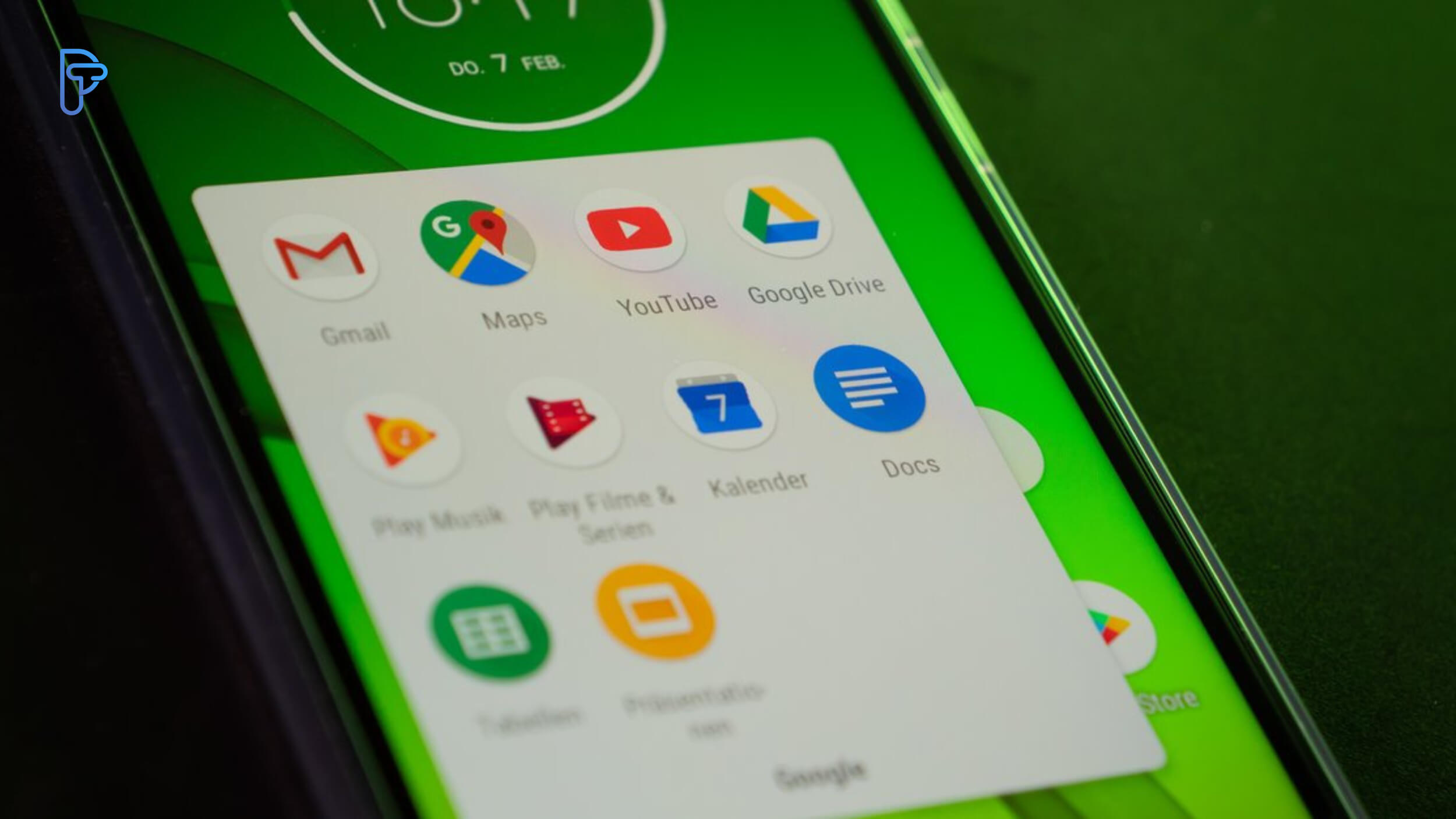More options on Android – but also more decisions you have to make.
Android is like the guy in the corner of the party who’s always there, but never really starts a conversation. You keep asking yourself, “Why is he still here? Doesn’t he have better friends?” Yet he’s always there. And at some point, you start to wonder if you’d really be so much better off moving away from him.
Why Android can never top the iPhone
1. Openness: The price of freedom
Android is “open”—that’s the mantra. You can do almost anything you want. Install apps from anywhere, tweak the system to your liking, root access, custom ROMs—all that fun. But here’s the catch: freedom is a double-edged sword.
The freedom to decide everything yourself often leads to exactly what you don’t want in a good smartphone: chaos. And while Android fans like to invoke the “I can do anything I want” argument, iOS users simply ask, “Why should I have to do anything?” iOS has everything you need without all the hassle. It just works. No custom ROMs, no constant bug fixes, no 30-minute updates that wreck your nerves. Simply everything you need, in one clean, working package.
2. The endless selection of devices: Variety is beautiful, but also overwhelming
Ah, the sheer number of Android devices. There’s everything—from the €80 “smartphone” with 3GB of RAM to the high-end flagships from Samsung and Google. Sounds great, right? But what happens when you try to choose? You’re overwhelmed by a thousand options and don’t know where to start.
At the end of the day, you go home, disappointed, and grab the iPhone because you just don’t want to spend all your time thinking about which device is the “best.” Apple simply designed the whole process the way you always wanted: One device. One standard. Simple.
3. Google Integration: The friend who never stops asking you what you’re doing
Android is pervasive with Google. If you use Android, you’re inundated with Google apps—Gmail, Google Maps, Google Drive, Google Photos. And yes, they’re pretty good. But do you really want Google to know everything you do? Oh, and here’s the best part: Google knows it anyway.
If you really want some privacy, Android isn’t the place to look. iOS ensures that when you browse, you don’t feel like every click is being sent to a Google data center. Instead, Apple takes care of your data—and makes sure you don’t feel like a product you bought from Google.
5. Custom ROMs and Rooting: More Freedom, More Frustration
You can root your Android device, install a custom ROM, and turn the whole thing into a hybrid of your favorite operating system and an experimental construction site. But hey, that’s a bit like trying to build a Lamborghini with IKEA tools. You’re guaranteed to waste a lot of time.
Instead, you take an iPhone, plug it in, and it works. No experiments. No frustration. Just… well, not “custom,” but what you need.
Why Android stays anyway (even if it doesn’t really “belong to you”)
1. Personalization: You can change a lot, but why should you?
Android offers endless customization options—you can change everything until you have a phone that looks like a Space Invader designed the UI. But hey, maybe you just want a phone that you can take out of the box and that works right away. iOS isn’t a “design”—it’s an experience. You pick it up, and you know it’s going to be “right.”
2. Multitasking: More options, but less elegance
Android loves to encourage multitasking. You can run your apps side by side, almost as if you were a superhero watching Netflix and editing an Excel file at the same time. But with iOS? It just feels like everything always harmonizes perfectly, without you ever feeling like the system is asking too much of you.
It’s like a band: Android has all the instruments and endless potential, but iOS has the melody that always feels right.
Free apps and advertising: Advertising will not be your best friend
Android users are privileged to live with free apps that are often cluttered with ads. It’s almost like the good old days of the internet, when you still had pop-ups while browsing. But hey, at least the apps are free, right?
On the other hand, iOS offers a clean, ad-free experience where you don’t feel like you’re being yelled at from every screen to buy a pro version. You pay more for the device, but in return, you get fewer unnecessary distractions and more features that simply work.
Conclusion: Android remains the unwanted roommate
Android may be the most widely used operating system, but it remains that unwanted roommate, always there—intrusive, but never truly the center of attention. It can offer you a lot, but is it really what you want?
If you’re looking for the freedom to customize your devices, then Android is definitely what you need. However, if you value a well-thought-out system that’s always reliable and simply works, then you should ask yourself whether Android should really be your first choice.
Ultimately, why settle for anything less when you can have the iPhone? It works, it shines, and it never gets boring. What more could you want?

